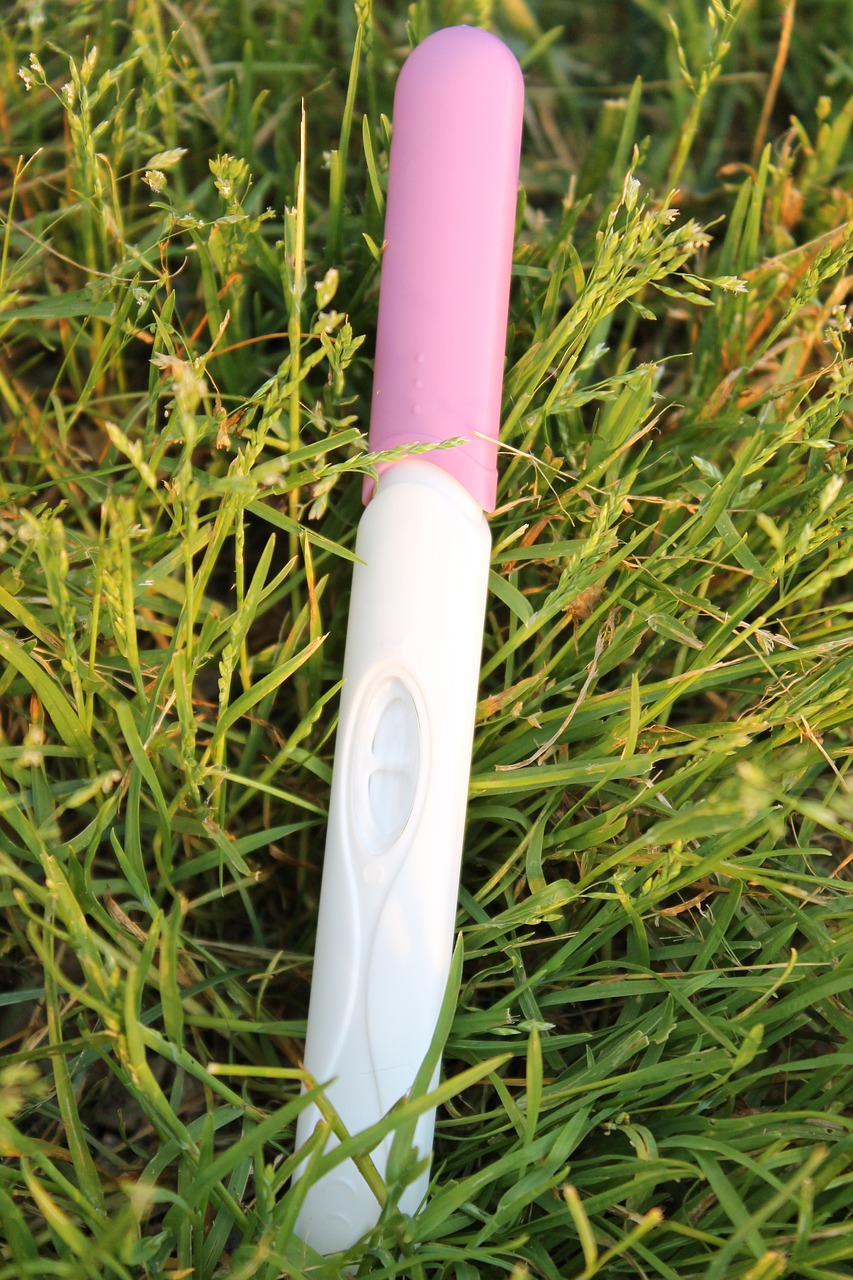Introduction
Fertility and reproductive health are foundational to overall wellness, yet they’re often overlooked until challenges arise. Whether you’re planning for a family or simply prioritizing your health, understanding how your body works can empower you to make informed decisions. In this guide, we’ll break down everything you need to know about fertility and reproductive health, from recognizing warning signs to actionable tips for boosting wellness. Let’s dive in.
Understanding Fertility and Reproductive Health: The Basics
What Is Fertility?
Fertility refers to the natural ability to conceive or contribute to conception. For women, this hinges on healthy ovulation and reproductive organs, while male fertility relies on sperm quality and count. Both partners’ health plays a role, making fertility a shared responsibility.
What Is Reproductive Health?
Reproductive health encompasses the physical, emotional, and social well-being of the reproductive system. It includes everything from menstrual cycles and sexual health to preventing infections and managing conditions like endometriosis. A healthy reproductive system supports fertility but also impacts your quality of life.
The Lifespan of Fertility
Female fertility peaks in the early 20s and gradually declines after 35, while male fertility typically remains stable longer but can diminish with age or lifestyle factors. Knowing your biological timeline helps in planning and addressing concerns early.
Common Fertility Issues and Solutions
Female Fertility Challenges
- Polycystic Ovary Syndrome (PCOS)
PCOS disrupts ovulation and affects 1 in 10 women. Symptoms include irregular periods and hormonal imbalances. Solutions include lifestyle changes, medications like Metformin, or assisted reproductive technologies (ART). - Endometriosis
This painful condition, where uterine tissue grows outside the uterus, can block fallopian tubes. Treatment ranges from surgery to hormone therapy. - Ovulation Disorders
Irregular ovulation accounts for 25% of infertility cases. Medications like Clomid or Letrozole often stimulate ovulation.
Male Fertility Challenges
- Low Sperm Count
Causes include smoking, obesity, or genetic factors. Solutions involve lifestyle adjustments, supplements (zinc, folate), or procedures like ICSI (intracytoplasmic sperm injection). - Erectile Dysfunction (ED)
Stress, diabetes, or cardiovascular issues can cause ED. Treatments include medications, therapy, or lifestyle changes like quitting smoking.
When to Seek Help
Couples under 35 should consult a specialist after a year of unsuccessful trying; those over 35 after six months. Early intervention improves success rates.
Signs of Fertility Problems You Shouldn’t Ignore
For Women
- Irregular or absent periods
- Painful periods or intercourse
- Multiple miscarriages
- Hormonal fluctuations (e.g., acne, hair growth)
For Men
- Low libido
- Testicular pain or swelling
- Ejaculation issues
- Reduced facial/body hair (linked to hormonal imbalances)
Shared Red Flags
Unexplained weight changes, chronic fatigue, or a history of STIs warrant a reproductive health checkup.
How to Improve Fertility and Boost Reproductive Wellness
Nutrition and Fertility
- Foods That Support Fertility
- Leafy greens (rich in folate)
- Fatty fish (omega-3s for hormone balance)
- Nuts and seeds (zinc and selenium)
- Foods to Avoid
- Trans fats (linked to ovulation issues)
- Excess sugar and caffeine
- Processed meats
Lifestyle Changes
- Exercise Moderately
Over-exercising can disrupt cycles, while inactivity harms sperm health. Aim for 30 minutes of moderate activity daily. - Manage Stress
Chronic stress elevates cortisol, affecting hormones. Try yoga, meditation, or therapy. - Avoid Toxins
Limit exposure to pesticides, BPA (in plastics), and smoking, which damage eggs and sperm.
Medical Interventions
- Fertility Treatments : Options like IVF, IUI, or egg/sperm freezing.
- Supplements : CoQ10, vitamin D, and prenatal vitamins (for women).
Reproductive Health Tips for Long-Term Wellness
- Schedule Regular Check-Ups
Annual gynecological exams, STI screenings, and semen analyses catch issues early. - Practice Safe Sex
Use protection to prevent infections like chlamydia, which can cause infertility. - Track Your Cycle
Apps like Clue or Flo help identify ovulation patterns or irregularities. - Prioritize Mental Health
Anxiety around fertility can strain relationships. Seek support groups or counseling.
Conclusion
Fertility and reproductive health are vital components of your overall well-being. By understanding your body, recognizing warning signs, and adopting healthy habits, you can take proactive steps toward sustaining wellness. Remember, challenges are common—but so are solutions. Always consult a healthcare provider for personalized guidance, and empower yourself with knowledge to navigate this journey confidently.
Final Call to Action
Ready to take charge of your reproductive health? Share this guide with someone who needs it, and subscribe for more wellness tips!









Add comment